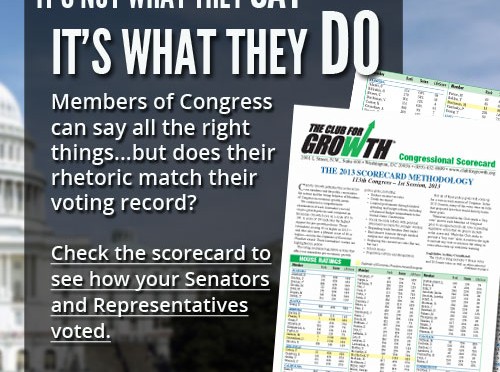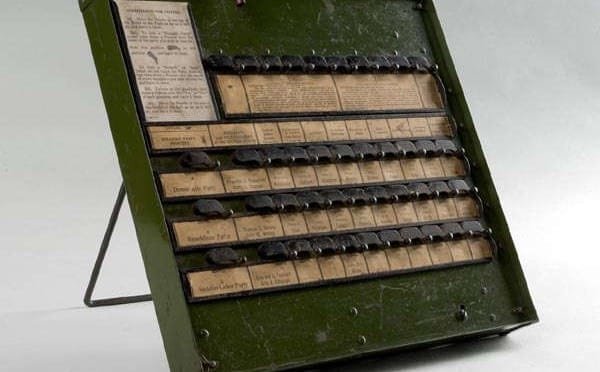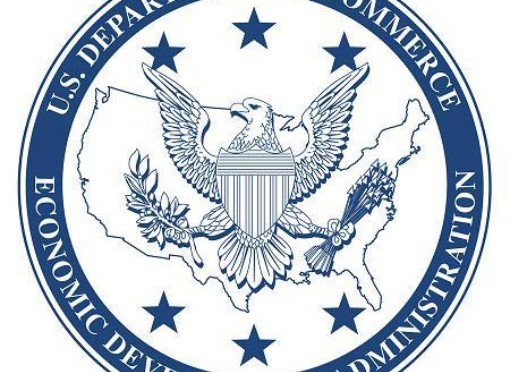The block grant school funding bill under consideration in the Kansas Legislature would hold districts harmless for enrollment declines due to school choice.
Critics of school choice programs allege that as public school districts lost students to other schools, and the students’ funding follows the students to the new schools, school districts are worse off, financially speaking. That’s because school districts say that their costs do not fall as rapidly as does enrollment, although this has been found to be untrue.
But under the block grant bill in Kansas, school funding is no longer tied to enrollment, at least for the next two years. This means that when school districts lose students for any reason, including due to school choice programs, their revenue stays the same. Funding rises, when measured on a per-pupil basis.
This should be an opening for increased school choice programs in Kansas. Presently Kansas has a law that allows charter schools, but there are few such schools. That’s because local school districts have to approve a charter school, and few districts will do that. We have a tax credit scholarship program in Kansas this year, but it is capped at a small amount of money, and student eligibility requirements mean that not everyone can participate. An “eligible student” is a child who qualifies as an at-risk pupil (eligible for free lunch under the National School Lunch Act) and either attends a school that would qualify as either a Title I Focus School or a Title I Priority School; or has received an educational scholarship under this program and has not graduated from high school or reached 21 years of age. Also, eligible students must have been enrolled in a public school in the year prior to receiving the scholarship or be eligible to be enrolled in a public school, if under the age of six. These are significant restrictions that focus the scholarship program on students who need it most, and who are least likely to be able to afford private schools on their own. But many other Kansas schoolchildren would also benefit from school choice, as they do in other states.
With the primary criticism of school choice out of the picture (the alleged “drain” on public school funding) supporters of choice have an opportunity to advance their cause. So far, no one has publically advanced any proposals or legislation for expansion of school choice in Kansas.







![Slider_ScorecardLegislative2013Update[1]](https://i0.wp.com/wichitaliberty.org/wp-content/uploads/2015/03/Slider_ScorecardLegislative2013Update1-300x282.jpg?resize=300%2C282)

 On March 6, 2015, the
On March 6, 2015, the 
 Three years ago from today the Wall Street Journal noted something it thought remarkable: a “voter revolt” in Wichita. Citizens overturned a decision by the
Three years ago from today the Wall Street Journal noted something it thought remarkable: a “voter revolt” in Wichita. Citizens overturned a decision by the 



